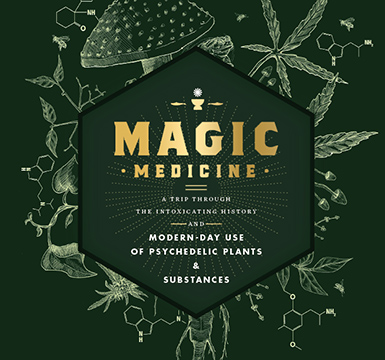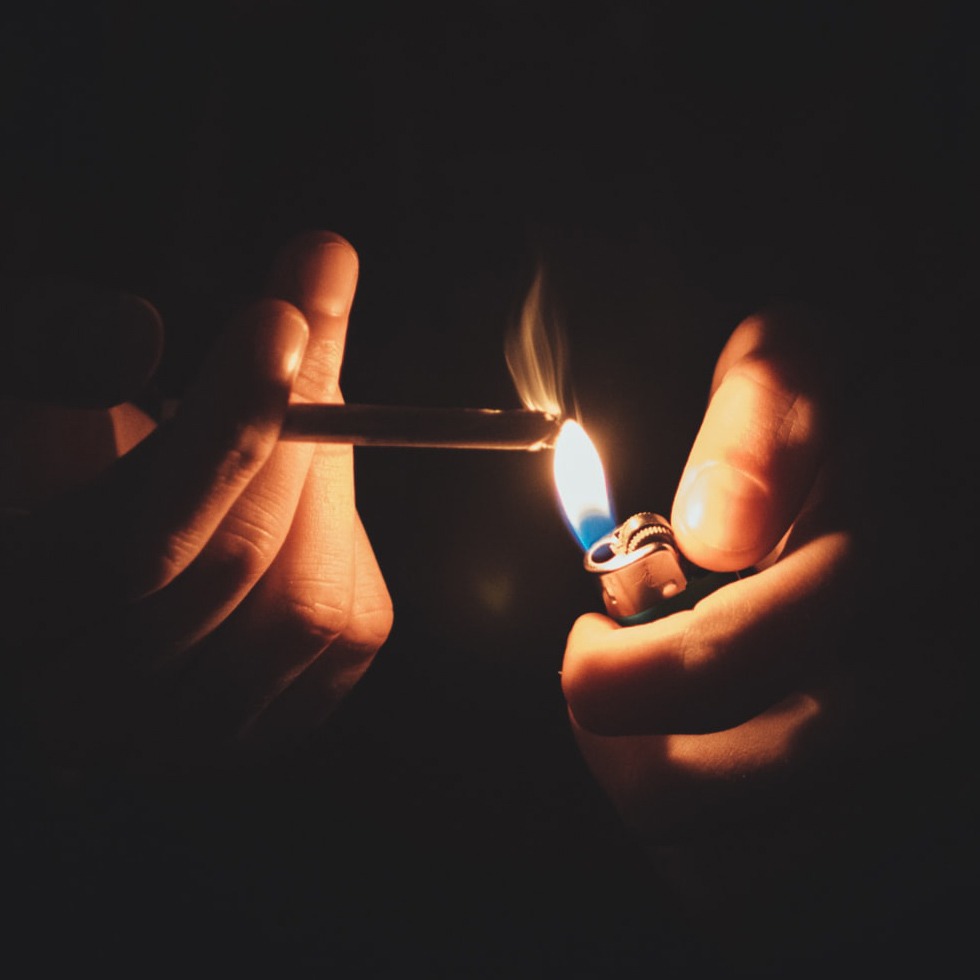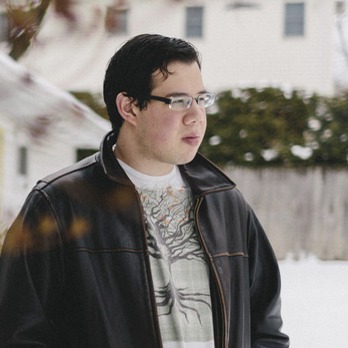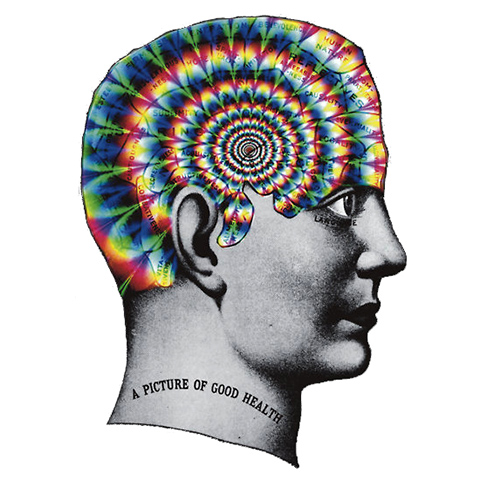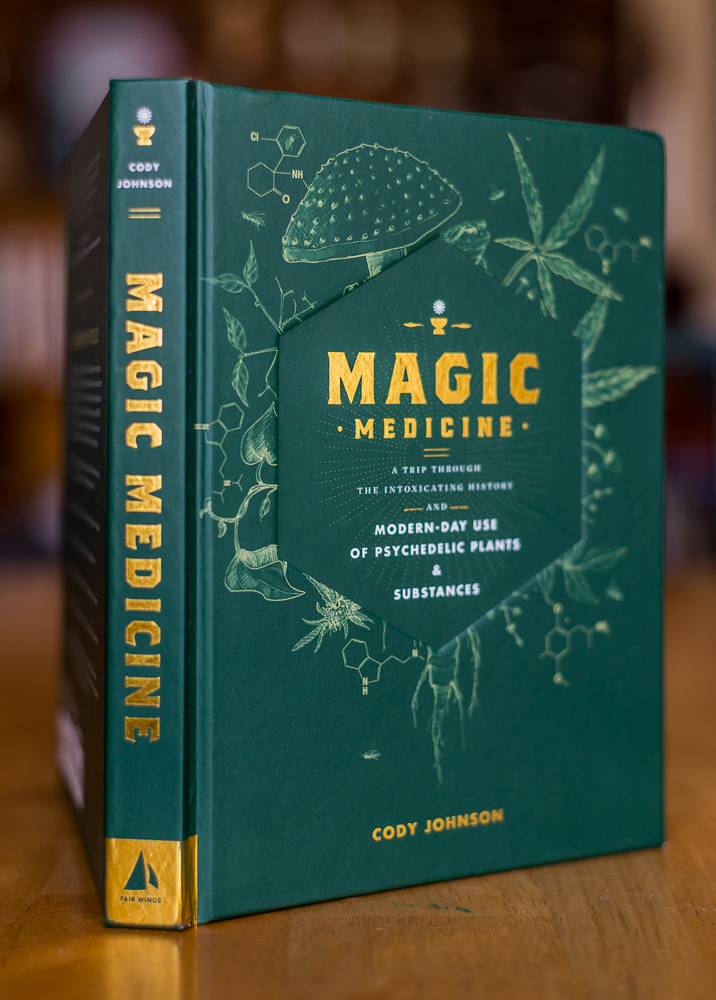Isn’t it time for a little good news? Today’s guest post by Lucia Huang is about Osmind, an organization offering a ray of sunshine in a time of cloudy uncertainty.

Source: Benjavisa Ruangvaree art
This month, calls to the U.S. crisis hotline jumped 891%. Almost half of adults sheltering in place say that coronavirus has had a negative impact on their mental health. COVID-19 has also halted or slowed U.S. clinical trials advancing new medicines, many in behavioral health and psychedelic medicine including trials on MDMA and psilocybin. The pandemic has both short- and long-term implications on our mental health and is at least a short-term hit to medical innovation.
But there’s hope. As this pandemic sheds light on our broken mental healthcare system, there may be lasting changes that can finally begin to improve mental health for all. What’s potentially even more powerful is the national spotlight on mental health. Post-COVID, this is not going to go away.
What does this mean for the psychedelics community? While the potential for decriminalization of healing substances like psilocybin nears, psychedelics also have tremendous potential to improve human suffering through their use as approved medicines. Ketamine is widely used already for treatment-resistant depression (TRD). Esketamine (Spravato) was FDA-approved for TRD last year. Psilocybin, MDMA-assisted psychotherapy, and many more psychedelic-inspired molecules currently being researched. MDMA is in Phase 3 clinical trials for PTSD and has received both Breakthrough Status and Expanded Access from the FDA. Psilocybin is in Phase 2 clinical trials for TRD and has also received Breakthrough Status from the FDA.
These treatments are only going to be more and more relevant. For example, studies have shown that frontline workers have been severely affected by PTSD from past traumatic events like the Ebola outbreak and 9/11. Our country needs to heal our healthcare workers, survivors of the disease, and loved ones of those whose lives were lost, who all may be affected similarly. Treatments such as MDMA-assisted psychotherapy present highly effective solutions for what is already becoming a public health crisis.
It’s imperative that members of the psychedelics community don’t get discouraged during these times of despair. We need to be there to support each other and scientific research in this space. The silver lining is that it’s become more acceptable to discuss mental health issues. Find support. Speak up. We can use these tailwinds to destigmatize and educate others on mental health conditions and the use of psychedelic medicine to treat them.
That’s part of the reason why we founded Osmind, where we are focused on advancing the development of cures for treatment-resistant depression, such as psychedelic medicine. We’ve created a first-of-its-kind online community to fill pressing needs during COVID-19, which has made mental health services and human-to-human connection even more important. The community connects people who struggle with mental health, medical professionals, scientific researchers, academics, advocates, caregivers, and more and is free for all to join.
To help address interruptions of mental health care experienced by many patients or exacerbation of mental health issues during COVID-19, we are also offering a free directory of ketamine clinics and the services they offer during the pandemic (e.g. in-person care, telemedicine, e-prescribing). We’ve also invited special guests to the community to do Ask-Me-Anything (AMA) events, post content, and answer questions. We just hosted an AMA by a psychedelic medicine expert from Stanford University Medical Center and are hosting our next one on Wednesday, May 13th with a leading ketamine psychiatrist and geneticist.
While the pandemic has both short- and long-term implications on our country’s mental health and may slow down medical innovation in the near-term, at least mental health is finally in the spotlight. We hope that this conversation around mental health and psychedelic medicine’s potential to address it will be here to stay.
![]()
Lucia Huang is a graduate student at Stanford and co-founder and CEO of Osmind, which aims to improve mental health care for those who need it most.
Liked this post? Subscribe to my RSS feed to get much more!

